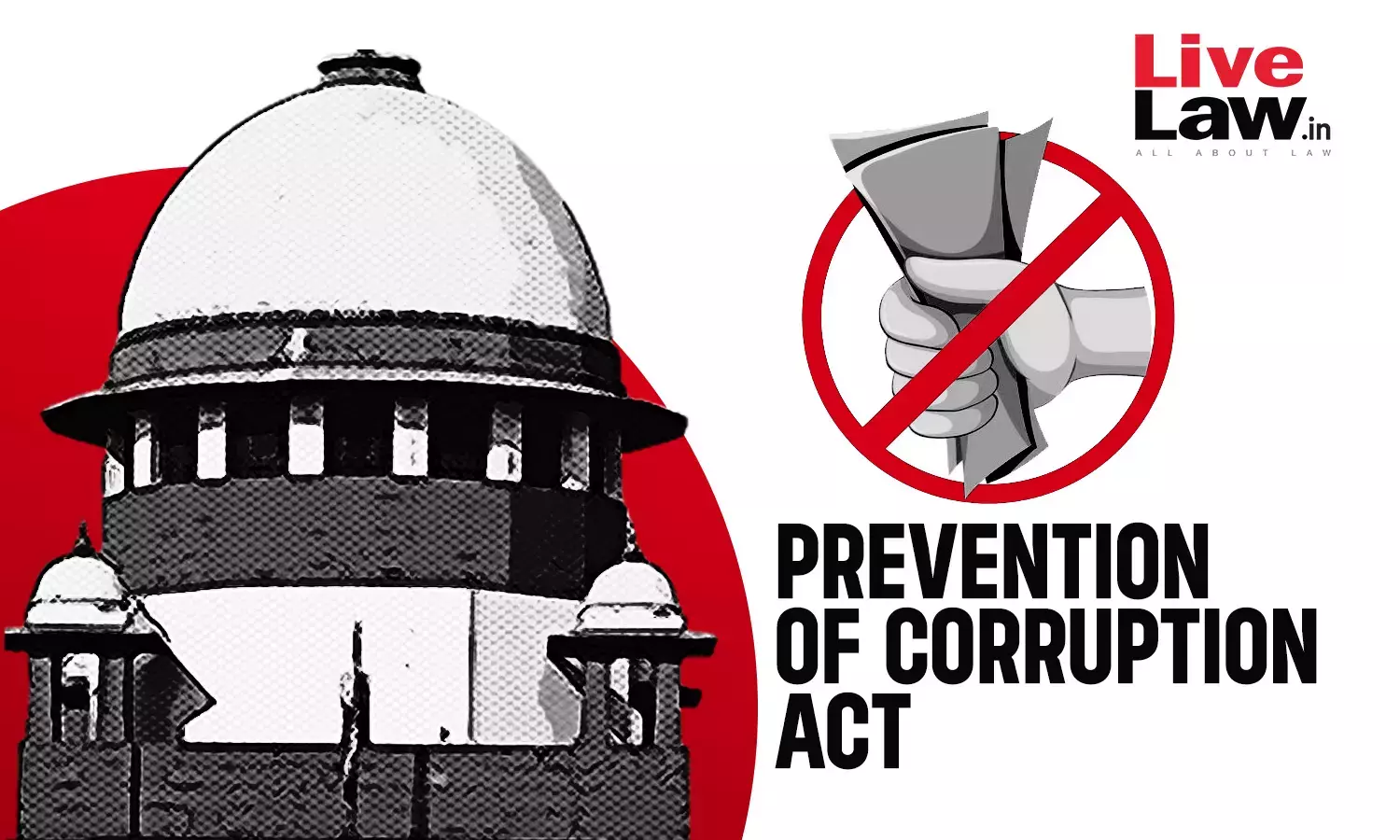PC Act | Sanction Granted After Court Passed Cognizance Order Not Invalid : Supreme Court
Gyanvi Khanna
29 July 2024 7:12 PM IST

Next Story
29 July 2024 7:12 PM IST
The Supreme Court (recently on July 22) held that a sanction under Section 19(1) of the Prevention of Corruption Act won't be rendered invalid merely because it was granted after the trial court had taken cognizance of the chargesheet.The Court clarified that the ratio of its decision passed in Nanjappa v. State of Karnataka did not invalidate the sanction granted under Section 19(1) of...
